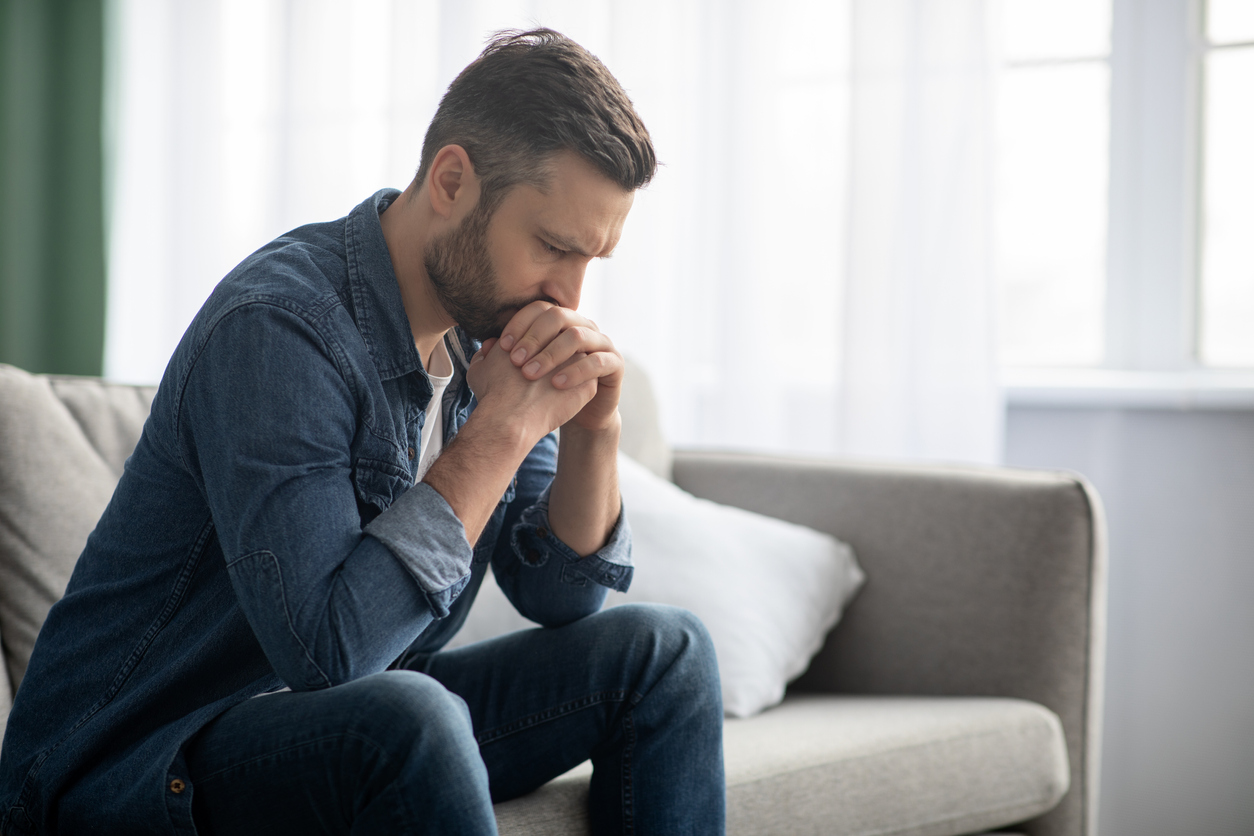
28 Dec How to Recognize Symptoms of Stress and Anxiety
Everyone encounters stress at some point. Stress is your body’s natural response to unfamiliar or potentially threatening situations. In survival mode, you can make decisions, protect your loved ones, and navigate life events. Stress can also lead to feelings of anxiety, especially if you constantly feel worried or tense.
After recognizing the symptoms and sources of stress, you can begin to identify and learn practical stress and anxiety management skills. Then, discover healthy ways to cope with your problems and live to your full potential.
Recognize the Symptoms of Stress and Anxiety
Stress affects each person differently. For example, you could experience pain, irritability, heart disease, lowered immunity, decreased focus, social withdrawal, or substance abuse. Anxiety also impacts each person differently. For example, you may develop obsessions or compulsions, such as rechecking a door repeatedly to ensure you have locked it.
It’s important to recognize and treat your symptoms and seek professional counseling. Untreated stress and anxiety symptoms can cause long-term damage to your body, mind, relationships, and quality of life. Therapy for stress and anxiety supports your health, wellness, and well-being.
Find the Causes of Your Stress
Potential causes of stress or triggered anxiety include:
- Fears or Phobias
- Financial pressure
- Job loss
- Grief
- Family changes
- Moving
- Chronic illness or injury
- Emotional challenges
- Unrealistic expectations
- Inability to adapt to change
- Natural disasters
- Traumatic experiences
It’s also possible that your lifestyle and habits contribute to stress. Maybe work piling up isn’t from the actual demands of your job but from your procrastination. You may need to claim responsibility for the role you play in creating your stress and then make changes that support a healthier lifestyle.
Learn Mental Health Strategies During Therapy
Once you’ve found what causes your stress or anxiety, focus on what you can control. While you can’t change the actions and behaviors of the people around you, you can modify your responses. Learning to walk away from arguments, saying no to extra responsibility, and setting boundaries can reduce stress and anxiety.
Likewise, you can eliminate realistic stressors and develop consistent de-stressing habits. For example, instead of watching TV or responding to texts in bed after work – take a walk, read a book, or listen to relaxing music. Maintaining a healthy diet, exercising regularly, and getting enough quality sleep could also ease feelings of stress and help you relax. Make a conscious effort to set aside time for yourself and relaxation.
Consider Psychotherapy for Anxiety and Stress
Finally, don’t feel like you have to solve your stress and anxiety on your own. Reach out to your family and friends and find a person who will be there to reinforce positive changes and support you. If the issue becomes chronic or is too overwhelming, don’t hesitate to seek professional help.Counseling can equip you to manage the challenges you face in everyday life. At Psych Choices you can learn to recognize the symptoms of stress and anxiety and discover healthy ways to respond to challenging situations. Request an appointment today.




No Comments